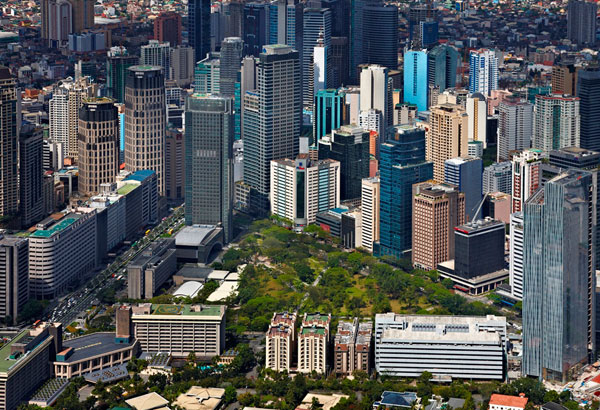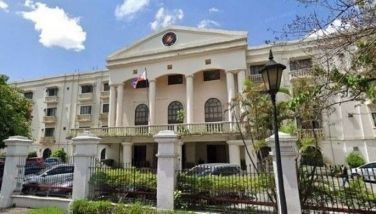Competitiveness: Philippines better, but…

The country, however, was classified as the second worst globally, behind Venezuela, when it comes to the number of procedures to start a business. File
MANILA, Philippines — The Philippines posted an improvement in its overall competitiveness as it climbed one notch in this year’s World Economic Forum (WEF) Global Competitiveness Index following a huge 10-notch drop in last year’s rankings.
The country, however, was classified as the second worst globally, behind Venezuela, when it comes to the number of procedures to start a business.
The WEF Global Competitiveness Report 2017-2018 showed that the Philippines ranks 56th out of 137 countries this year, up from its 57th position last year.
“This is one place higher than 2016 although its overall competitiveness score falls slightly, suggesting other countries’ scores are falling faster,” the WEF said.
An annual assessment of the factors driving countries’ productivity and prosperity, the WEF report measures a country’s competitiveness based on 12 pillars: institutions, infrastructure, macroeconomic environment, health and primary education, higher education and training, goods market efficiency, labor market efficiency, financial market development, technological readiness, market size, business sophistication and innovation.?For this year’s report, the Philippines fared well in the macroeconomic environment pillar where it ranked 22nd worldwide, fueled by a manageable budget deficit and government debt.
The country also finished strong in the market size pillar at the 27th spot globally on the back of its robust gross domestic product.
The Philippines, however, ranked poorly in the pillars of goods market efficiency (106th), infrastructure (97th) and institutions (94th).
In the goods market efficiency pillar, which includes the number of procedures to start a business, the country ranked 136th – second to the worst globally – while in the burden of custom procedures, it placed 125th worldwide.
In an Executive Opinion Survey, which was part of the report, respondents cited inefficient government bureaucracy as the most problematic factor for doing business in the country. This was followed by inadequate supply of infrastructure, corruption, tax regulation and tax rates, respectively.
Among Association of Southeast Asian Nations (ASEAN) member-economies, the Philippines now stands as the eighth most competitive in the region from sixth in 2016, with Vietnam and Brunei Darussalam overtaking the country.
“It is good to see that we have maintained our overall competitiveness and even moved one notch higher. However, as we implement changes to improve, other countries are doing the same,” Makati Business Club (MBC) chairman Edgar Chua said.
“We therefore need to do much more at a much faster pace. We call on Congress to focus on passing priority bills identified by the business sector, especially the Comprehensive Tax Reform Program and not allow itself to be diverted by various political maneuvers like impeachment proceedings,” he added.
“The state of Philippine infrastructure is in dire need of attention and action. We ranked lowest in ASEAN in terms of quality of overall infrastructure, in quality of roads and in quality of air transport infrastructure,” MBC executive director Peter Perfecto added.
The Philippines’ highest position since the WEF began using the current methodology in 2008 was achieved in 2015, when the country registered a ranking of 47th. Its lowest position was 87th in 2009.
Overall, Switzerland remained the world’s most competitive economy for the ninth consecutive year, followed by the United States, Singapore, Netherlands and Germany, in that order.
Completing the top 10 are Hong Kong, Sweden, United Kingdom, Japan and Finland.
“Global competitiveness will be more and more defined by the innovative capacity of a country. Talents will become increasingly more important than capital and therefore the world is moving from the age of capitalism into the age of talentism. Countries preparing for the Fourth Industrial Revolution and simultaneously strengthening their political, economic and social systems will be the winners in the competitive race of the future,” WEF founder and executive chairman Klaus Schwab said.
- Latest
- Trending


























